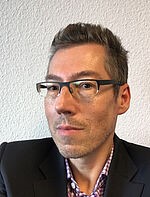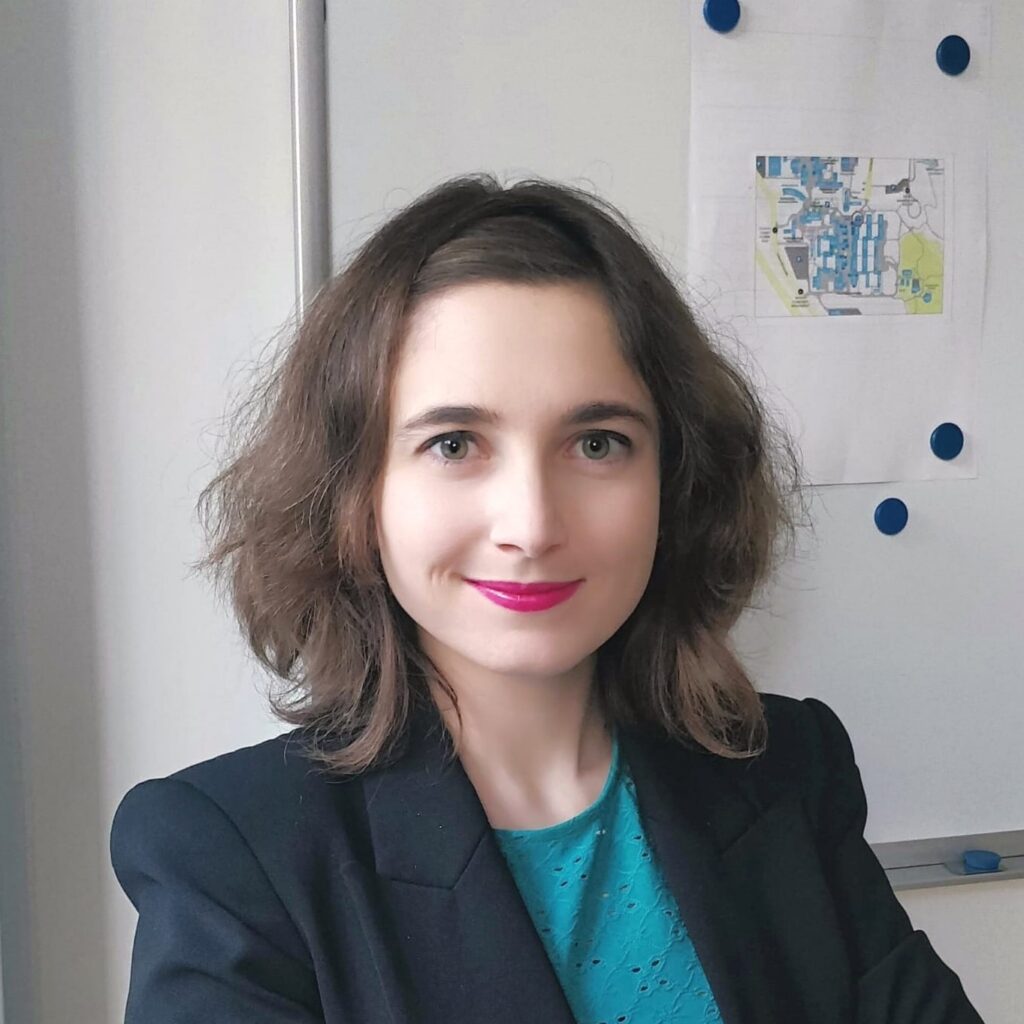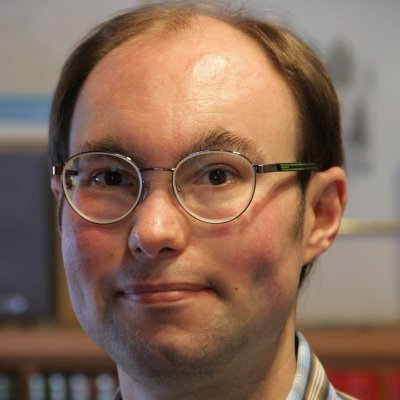
Heinrich Heine University Düsseldorf is one of the younger universities in the state of North Rhine-Westphalia – founded in 1965. Since 1988, the university has borne the name of the city’s great son. Today, around 35,000 students find the best conditions for academic life on the modern campus. As a campus university with short distances, all buildings, including the university hospital and specialist libraries, are centrally accessible. In addition, the state capital Düsseldorf offers an attractive environment with a recognized high quality of life.
The objective of the team is to develop an operational definition of extremist narratives, identify relevant stakeholders and topics, create a corpus-based approach to detect patterns in extremist narratives and analyse connections using topic, sentiment, and keyword analysis, culminating in a workshop to compare and refine the findings.

Links to Publications
Orcid:
https://orcid.org
Researchgate:
https://www.researchgate.net
Academia.edu:
https://uni-duesseldorf.academia.edu

Links to Publications
Orcid:
https://orcid.org
Researchgate:
https://www.researchgate.net
Academia.edu:
https://uni-duesseldorf.academia.edu

Links to Publications
Orcid:
https://orcid.org
Researchgate:
https://www.researchgate.net
Academia.edu:
https://uni-hamburg.academia.edu

Links to Publications
Orcid:
https://orcid.org
Personal website:
https://www.germanistik.hhu.de
Researchgate:
https://www.researchgate.net
Academia.edu:
https://uni-duesseldorf.academia.edu